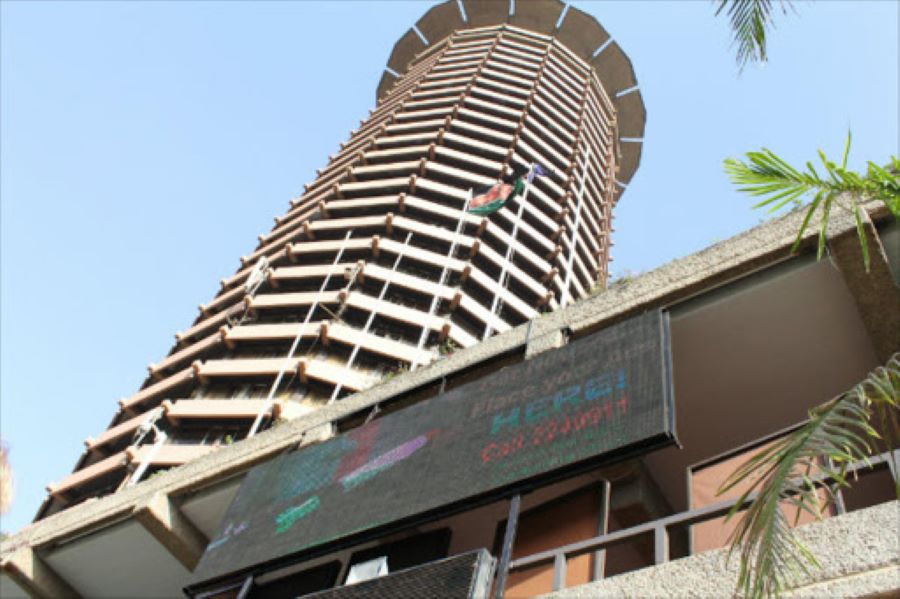(3 minutes Read)
In his decision, High Court judge Chacha Mwita said he was satisfied that the (opposition) application raised constitutional and legal issues of public importance that required critical examination. The sale process has therefore been suspended until 6 February, when the case will be examined on its merits
A court has suspended the privatization of 11 state-owned companies in Kenya, including the national oil and gas company. This follows an appeal by the main opposition party led by Raila Odinga. He appealed to the court that the sale of the state’s holdings should be subject to a referendum because of the strategic importance of the companies concerned in Kenya.
In his decision, High Court judge Chacha Mwita said he was satisfied that the (opposition) application raised constitutional and legal issues of public importance that required critical examination. The sale process has therefore been suspended until 6 February, when the case will be examined on its merits.
On November 27, the Kenyan government announced the sale of stakes in 11 public companies to replenish the state coffers, at a time when tax revenues are falling short of its targets. The Kenyan economy is plagued by galloping inflation and a plummeting currency, which has caused the cost of debt repayment to soar.
The 11 companies, including the national oil and gas company and one of its operators, agricultural enterprises, and a publishing house, are among the 35 that President William Ruto announced last week that he wanted to privatise.
At the end of June, the public debt of the country of some 53 million inhabitants stood at more than 10,100 billion shillings (64.4 billion euros), according to the government. This will work out to two-thirds of gross domestic product. The cost of servicing the country’s debt, mainly to China, has soared while the Kenyan currency has plummeted to record levels, with the shilling now trading at around 153 to the dollar.
Read Also:
The agricultural sector, which accounts for 21% of GDP in 2022 and is the biggest contributor to the Kenyan economy, has been hard hit by the recent drought, followed by torrential rains. Since Kenya passed a privatization law in 2005, only six public companies have been partially sold, including the largest telecommunications operator Safaricom, and electricity producer KenGen.





